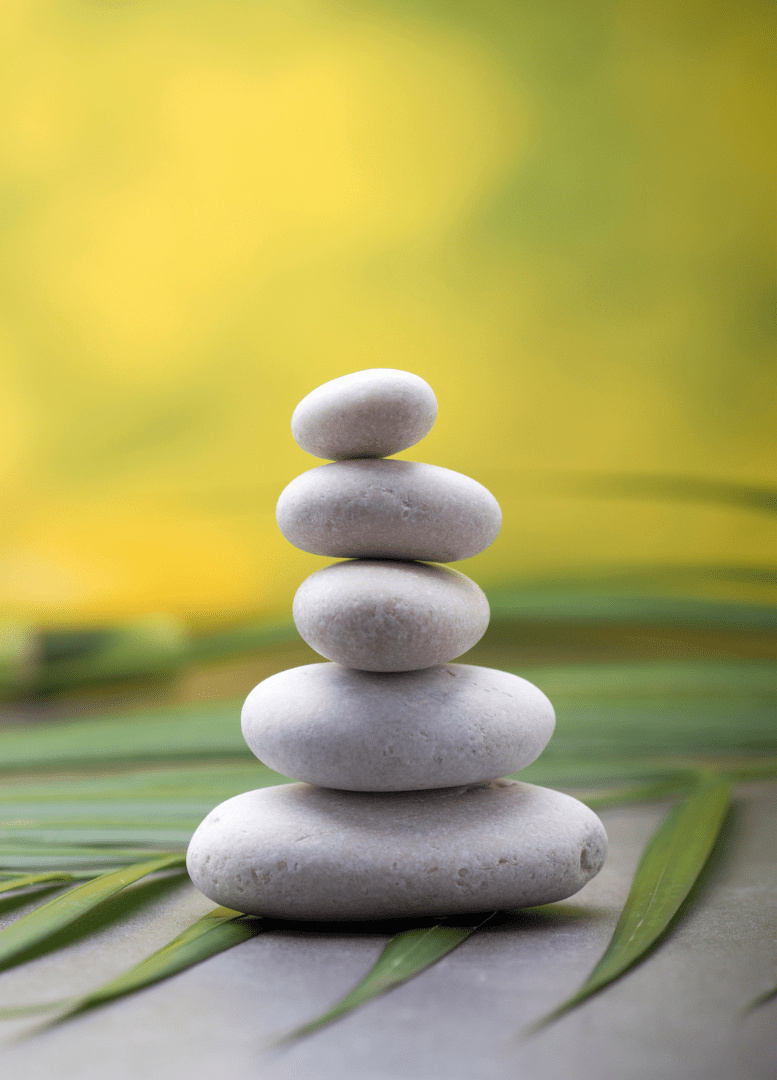


Our Signature Treatment:
Interstitial Cystitis

In 1994, our medical director, Dr. Qingyao Shi, Lic. OM & Acu. began clinical research with one of the most renowned experts on interstitial cistitis (IC), Dr. Kristine Whitmore, the Chairman of Urology at Graduate Hospital (Philadelphia). From this partnership, the paper “The Chinese Medicine Approach: Herbal Treatment for Interstitial Cystitis” was published.
Since then, Dr. Shi has dedicated a significant amount of time to clinical research and has grown to become one of the most sought-after practitioners for treatment of IC in the United States. Our Interstitial Cystitis Intensive Treatment Program combines acupuncture, allergy elimination treatment, and Chinese herbal medicine designed to target the patient’s immune system.
Our follow-up studies show time and again that many of our patients achieve significant improvements, with many reporting that they feel like “a new person” and that other illnesses, such as fibromyalgia, chronic fatigue syndrome, lupus, and even cancer, have improved.
An excerpt from the Interstitial Cystitis Association (USA) Newsletter:
In August, 1994, Dr. Kristene E. Whitmore, Chair of Urology at Graduate Hospital in Philadelphia, and her partner Dr. David Gordon, started referring patients to Dr. Qingyao Shi for a study using Chinese herbs to treat IC symptoms. Dr. Shi, who studied medicine in China and is a licensed acupuncturist, worked for six months to perfect the best formula using twelve different herbs. She then initiated a long distance treatment program in which patients could order the herbs by mail. During the past two and one-half years, about 500 IC patients have used Dr. Shi’s herbal formula. Twenty-five patients completed the study. “In our study all patients were diagnosed with IC by a physician and kept daily charts on pain, frequency, energy level, and emotional well-being, Dr. Shi says. Patients used one tea bag twice a day for six days, skipped one day, then started the, cycle again. “Depending on the symptoms, it takes three to four months to reach a maintenance dosage level,” she notes. On the maintenance dosage, patients drink the tea every other week, then when symptoms are well under control, they proceed to long term dosage of one week a month. The herbs in Dr. Shi’s formula include gardenia, licorice, dianthus, poria, rhubarb, rehmannia, cornus, alisma ginseng, dioscorea, clemmatis armandi polygonum aviculare, ligstrum, plantago seed, and milettia.

After the third month, 42% of the patients reported a decrease in pain, and this is a very significant difference,” Dr. Shi reports. In all, 82% of the patients experienced a decrease in bladder and pelvic pain. The average (media n) frequency interval before treatment was 30 minutes to one hour, which was defined as “high” frequency. After three months, 80% of the patients had decreased frequency. “We found a positive correlation between improvement in pain and a decrease in frequency,” Dr. Shi says. Eighty-five percent of the study participants also noticed a return to normal energy levels, and 80% said that they had lower anxiety levels and less depression. According to Dr. Shi, “Overall, 52% of the patients now have symptoms that are well under control, and an additional 24% experienced some improvement. Four percent showed no improvement.
This study had a very good response rate, and no one dropped out because of side effects.” Dr. Whitmore says. “This is an excellent therapy to pursue while using other treatments. In some cases people who improve using the tea can get off of many medications and can maintain themselves without having to worry about side effects.
An excerpt from the Interstitial Cystitis Association (USA) Newsletter:
In August, 1994, Dr. Kristene E. Whitmore, Chair of Urology at Graduate Hospital in Philadelphia, and her partner Dr. David Gordon, started referring patients to Dr. Qingyao Shi for a study using Chinese herbs to treat IC symptoms. Dr. Shi, who studied medicine in China and is a licensed acupuncturist, worked for six months to perfect the best formula using twelve different herbs. She then initiated a long distance treatment program in which patients could order the herbs by mail. During the past two and one-half years, about 500 IC patients have used Dr. Shi’s herbal formula. Twenty-five patients completed the study. “In our study all patients were diagnosed with IC by a physician and kept daily charts on pain, frequency, energy level, and emotional well-being, Dr. Shi says. Patients used one tea bag twice a day for six days, skipped one day, then started the, cycle again. “Depending on the symptoms, it takes three to four months to reach a maintenance dosage level,” she notes. On the maintenance dosage, patients drink the tea every other week, then when symptoms are well under control, they proceed to long term dosage of one week a month. The herbs in Dr. Shi’s formula include gardenia, licorice, dianthus, poria, rhubarb, rehmannia, cornus, alisma ginseng, dioscorea, clemmatis armandi polygonum aviculare, ligstrum, plantago seed, and milettia.

After the third month, 42% of the patients reported a decrease in pain, and this is a very significant difference,” Dr. Shi reports. In all, 82% of the patients experienced a decrease in bladder and pelvic pain. The average (media n) frequency interval before treatment was 30 minutes to one hour, which was defined as “high” frequency. After three months, 80% of the patients had decreased frequency. “We found a positive correlation between improvement in pain and a decrease in frequency,” Dr. Shi says. Eighty-five percent of the study participants also noticed a return to normal energy levels, and 80% said that they had lower anxiety levels and less depression. According to Dr. Shi, “Overall, 52% of the patients now have symptoms that are well under control, and an additional 24% experienced some improvement. Four percent showed no improvement.
This study had a very good response rate, and no one dropped out because of side effects.” Dr. Whitmore says. “This is an excellent therapy to pursue while using other treatments. In some cases people who improve using the tea can get off of many medications and can maintain themselves without having to worry about side effects.
